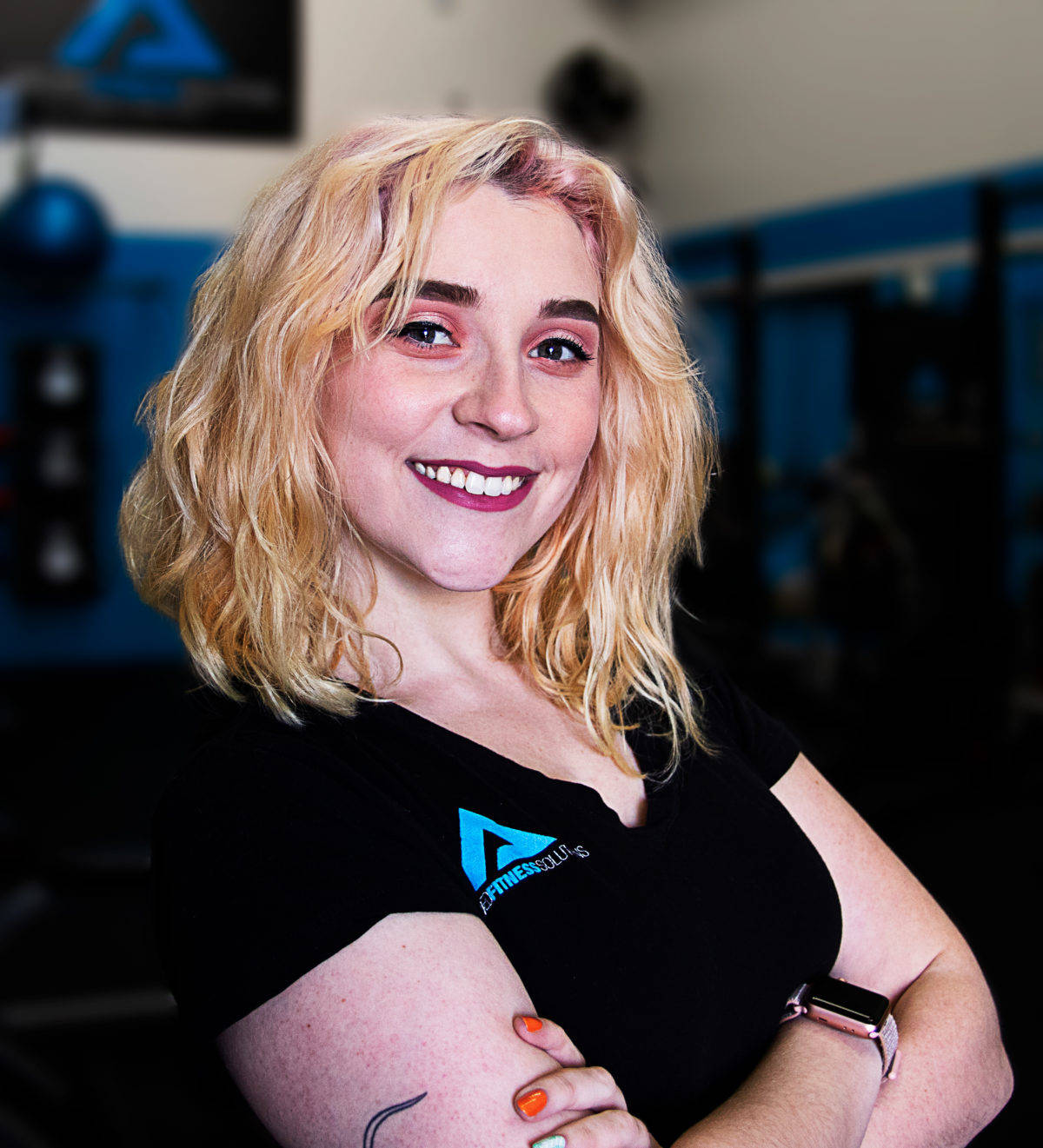How do you combat sore muscles?
 Heidi Morris
Member Rank ✭7✭
Heidi Morris
Member Rank ✭7✭
in Exercise
(I really love polls! I have no idea why, I just think they are fun! So if you are like me, here's some fun for you!)










Comments
Sorry! I hit enter before I was done! Please feel free to drop other ideas in the comments!
Stretching, foam rolling, massage, hot bath. Active recovery helps. I have to be in dire straits to take ibuprofen, such as Saturday after the FSx squattastrophe, when I was incapable of walking.
@Heidi Morris, great poll. I'll chime in with some evidence-based recovery methods that everyone can use to recover from their workouts a little faster. In general active recovery is always better than passive. So the more you move, the faster you recover. This helps to remove waste products and damaged tissue from the muscle, while bringing nutrients and other healing elements into the muscle. So employing active recovery methods (like stretching, massage, and foam rolling as @Beth Manoogian said) will be extremely helpful.
The other area I'll add, that doesn't typically get talked about as much, is nutrition. One of the best ways to recover from hard workouts is to make sure your nutrition is adequate. A number of things are important when it comes to good recovery nutrition. Consuming fast acting protein in the window immediately after exercise (like say in the hour after you finish your workout) can make a big difference. The type of protein I'd recommend for this whey protein (if you're vegan pea protein also works well). This protein will help to start the repair process faster, as that protein can get delivered locally to the muscles that were just trained (and damaged as a result of training...which is what is making you sore). I'd recommend 20-30g of whey or pea protein immediately following exercise (within 60min of stopping exercise, but ideally as close to the conclusion of your workout as possible). Another area of nutrition to focus on (although not necessarily in the post-workout window) is good fruit and vegetable consumption. Fruits and veggies contain antioxidants, these antioxidants help to combat free radical damage caused by exercise. The build up of free radicals as a result of higher intensity exercise and inadequate fruit/veggie consumption can impair recovery, both acutely and longer-term.
In general I think the optimal recovery strategy combines good post-exercise nutrition, with adequate fruit and vegetable intake throughout the day (at least 2-3 serving of each, if not more), and then adding in stretching of "sore" muscles (this can be through traditional stretching, foam rolling, massage, yoga, or anything that stretches the muscles in anyway). Additionally just moving (light physical activity; like walking, cleaning, playing with your kids, etc.) can be a great to facilitate and speed up recovery as well.
The last area of caution I'll throw out on recovery is to avoid using NSAIDs (like Motrin/Ibuprofen or Aleve/Naproxen). Using these drugs disrupts the human body's natural inflammatory process which it critical for muscle repair and recovery. In fact, we believe that many of the muscular adaptations to exercise initiate, on the cellular level, because of inflammation. With that said, knocking out the inflammatory process by using one of these drugs can blunt the body's ability to adapt to exercise on a muscular level. Additionally, people tend to become a little too reliant on these drugs and use them too often to combat soreness (which was never there intended clinical use in the first place). Not only can doing so be detrimental to exercise adaptations on the muscular level, it can also be very bad for gastrointestinal health (as people that overuse NSAIDs can have some pretty significant GI issues).
In the end, train hard, train smart, recover well, live to train hard another day!
Michael E. Stack, BS CFP CSCS*D CPS
AGENT OF CHANGE, CEO, & Exercise Physiologist
Nutrition (which Mike covers in excellent detail above) and sleep are the best soreness reducers =).
Ditto to what Mike said about being careful of NSAIDs if you're exercising.
Agent of Change / Fitness Innovation & Education Coordinator
In full agreement with you and @Mike Stack. I just enjoyed the wordage of "Pop a pain killer" in the poll 😊
Thanks for the advice! (Ps- I really love this poll option! It just wouldn’t give me an option to go back and edit the answer section.)
Yeah it doesn't look like there is a way to edit polls after creation. I just looked into it and didn't see a way. The polls are indeed fun though! =)
Agent of Change / Fitness Innovation & Education Coordinator